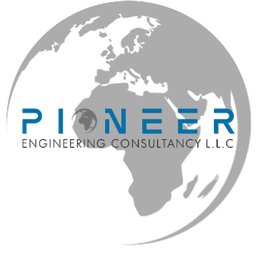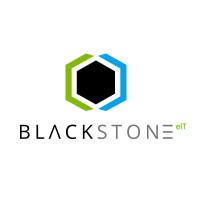The Senior Manager – Solution Architecture is a strategic leadership role responsible for defining, leading, and managing the enterprise solution architecture function across the organization. This individual ensures that all technology solutions are aligned with business goals, scalable, secure, and future-ready. The role requires close collaboration with business leaders, IT teams, and vendors to design and implement end-to-end architectural solutions that drive digital transformation and operational excellence. This position requires a strong blend of technical expertise, business acumen, and leadership.
Key Responsibilities
- Solution Design: Collaborate with internal stakeholders and external clients to analyze business needs and design innovative, scalable, and cost-effective end-to-end solutions.
- Architecture Development: Define, maintain, and enforce architectural principles, reference models, and roadmaps to ensure consistency across projects and alignment with enterprise goals.
- Technical Leadership: Provide direction and mentorship to development and delivery teams throughout the SDLC, promoting design standards, DevSecOps practices, and reuse.
- System Integration: Design integration strategies and patterns (API gateways, ESB, ETL, iPaaS) for seamless connectivity across systems including ERP (Oracle Fusion) and CRM (Microsoft Dynamics).
- Risk & Security Management: Evaluate technical and architectural risks, define mitigation strategies, and ensure compliance with security frameworks and regulatory requirements.
- Performance Optimization: Review existing systems and architectures to identify bottlenecks, improve efficiency, and recommend scalable improvements.
- Stakeholder Collaboration: Engage with business units, product owners, PMs, developers, QA, cybersecurity, and compliance to ensure alignment and successful delivery.
- Documentation: Develop and maintain architecture blueprints, data flow diagrams, integration specs, and technical design documents.
- Governance & Review: Lead architecture review boards (ARBs), enforce solution governance, and provide guidance for technology selections and vendor assessments.
Requirements
QUALIFICATIONS
- Bachelor’s or Master’s degree in Computer Science, Engineering, Information Systems, or related field.
- TOGAF Certified (mandatory); certifications in cloud or security are a strong plus.
- Fluent in English; excellent written and verbal communication skills.
Experience
- Minimum of 15 years in IT, with at least 8 years in architecture leadership roles.
- Proven experience designing and delivering large-scale digital programs, enterprise-grade integrations, and modernization initiatives.
- Background in ERP (Oracle Fusion), Microsoft Dynamics 365 CRM, and core enterprise platforms.
- Experience working in regulated environments, with exposure to compliance and data governance.
Technical Skills
- Expertise in solution and integration architecture including REST, SOAP, JSON, XML, OAuth2.
- Strong knowledge of API Gateways, iPaaS, ESB, ETL tools, and microservices architecture.
- In-depth knowledge of both SQL and NoSQL databases.
- Proficient in cloud platforms (Azure, OCI, AWS) and hybrid deployment models.
- Familiarity with CI/CD pipelines, DevOps tooling, and containerization (Docker/Kubernetes).
- Understanding of security architectures (Zero Trust, IAM, encryption protocols) and relevant compliance (ISO 27001, NCA ECC, GDPR).
Leadership Skills
- Strategic thinker capable of driving architecture across cross-functional programs.
- Strong stakeholder management and influence at executive levels.
- Experience leading architecture boards and governance forums.
- Mentorship and leadership of solution and technical architects.
Preferred Certifications
- TOGAF Certified (required)
- Oracle Cloud Infrastructure (OCI) Architect – Preferred
- Azure Solutions Architect Expert / AWS Certified Solutions Architect – Professional
- ITIL v4 Foundation
- Cybersecurity or Risk Certification (CISM, CRISC – optional but beneficial)
Key Competencies
- Strong analytical and problem-solving mindset with a detail-oriented approach.
- Ability to articulate complex technical concepts to non-technical stakeholders.
- Continuous learning attitude and up-to-date with emerging technological trends.
- High integrity, accountability, and structured decision-making.



